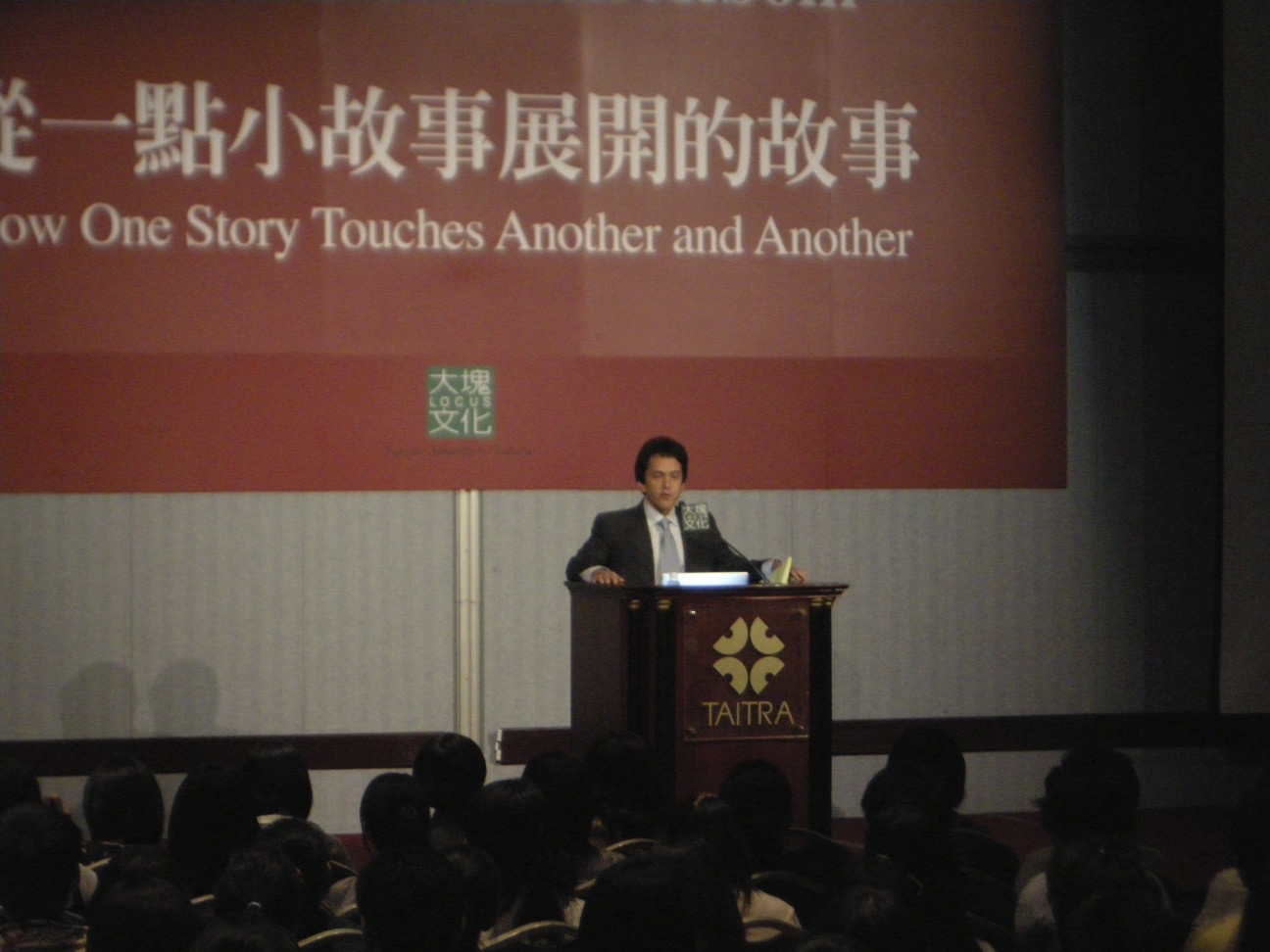I was raised in the Philadelphia area, so, for me, the earliest people that I liked were Philadelphia Phillies, like Richie Ashburn and Richie Allen and Cookie Rojas and guys like that. And then, in basketball, there was Wilt Chamberlain — when I was a kid, I watched or listened on the radio to Wilt Chamberlain playing against Bill Russell.
When I got a little older, then we had Billy Cunningham and guys like that. The Eagles were always terrible, so there was nobody to root for there, and the Flyers were the Broad Street Bullies and we were fans of them.
I was in college when I was 16, so I was pretty young then, and I really liked some of the writers for The Boston Globe, the columnists there, guys like Ray Fitzgerald, he was one of my really early loves as a sportswriter, and a young Leigh Montville had just started writing for them. And so the young writers for
The Boston Globe were kind of my early influences.
I was mostly trained as a musician and my dream was to make it in the music world. So, when I went to college, I didn’t train to become a sportswriter or anything like that. I wanted to be a musician. And when I got out, I played music over in Europe for a little while and then I came to New York and I was working as a musician there, and it was only after that that I sort of stumbled into sportswriting.
I kind of volunteered at a local newspaper because I was working at night (as a musician), so I had some time during the day and I was looking to do something to challenge my brain.
So, I went to this local newspaper that was published once a week in Queens, N.Y., and volunteered for a job there. That got me into graduate school and I still had no interest in sports. I was just interested in journalism.
Eventually, I got into Columbia journalism school based on the work I had done for that weekly, and while I was at Columbia journalism school, they had a job board for kids who needed to raise money to help pay for their tuition. One day on the job board, they had a position down at Sport Magazine, helping them put together little articles for the front of the section.
Sport Magazine was a monthly that came out and it was a big magazine back then. And so I went down there and I got the job.
It didn’t pay much, but it gave you some exposure. And that was really my first sportswriting. They sent me to go interview a young kid down where I had grown up, because I told them I had grown up outside of Philadelphia, the New Jersey area, and they sent me down to interview a kid who lived there whose name was Carl Lewis. That was my first real assignment, Carl Lewis. The first anyone you ever would have heard of, probably.
To be honest, I didn’t really have a love for it. I did it and I needed to pay my bills. And then I continued on in graduate school, after the one year of journalism school, I continued and I stayed for another year in an MBA program and I needed to pay my bills again.
Meanwhile, at that point, I had written some articles and I had gotten some expertise in the area of Olympic sports, and so I just kept doing Olympic sports because there was a market for it — like ski jumping and luge — things like that. All these sort of off sports. I became a bit of an expert in those areas and they were fun and I ended up going and paying my own way on a lot of these things for freelance work for Sports Illustrated or for Sport Magazine or for The Philadelphia Inquirer or for other papers around.
Mitch Albom's lecture in Taipei.
(Photo courtesy of Valter Wie)
I would send myself to these events, paying out of my own pocket, or whatever I could scrounge up, and I would come back and try to sell as many stories as I could. So I ended up going to East Germany that way and to Switzerland and France and other Winter Olympic places to cover these kind of oddball Winter Olympic sports. And, even with all that, I really can’t say that I loved it. I just thought that it was interesting and it gave me a chance to write, but I was hoping to get a job as a Sunday magazine writer and do big take-out pieces on social issues.
Nobody was encouraging me to do sports. At that time, sportswriting wasn’t as glamorous as it is now. You know, you’re talking about 1982 or 1983, something like that, and people weren’t dying to be sportswriters. There was no real ESPN; it was just getting started. There was no real sports-talk radio; there was maybe one or two stations in the country. And sportswriters were local. Watergate was a decade earlier — everybody who wanted to go into journalism, we all wanted to, you know, save the world. And sports was kind of what you did if you couldn’t get into some of the other departments.
So my goal wasn’t to try to become a great sportswriter, my goal was just to try to hook on with some newspaper somewhere and do feature work, and what happened was I applied for one of those jobs through Editor & Publisher magazine — I don’t even know if that’s in business anymore, but it used to be the way everybody got jobs — and I applied for a job for a Sunday magazine writer.
What happened was, I was over in Finland covering the World Track and Field Championships, yet again as a freelance writer for, I think, Track & Field magazine, and my phone rang in my hotel room and it was this sports editor from the Fort Lauderdale News and Sun Sentinel, and he said, “You know that Sunday magazine job that you applied for a month or two ago?”
And I remembered it, and I said, “Yeah,” and he said, “You didn’t get it.”
And I said, “You’re calling me all the way over here in Finland just to tell me I didn’t get a job?”
A lot of people think that Tuesdays with Morrie, the book, was what was — changed my life, but the book was what other people read. I had had my life changed already by visiting with him and the book just sort of reminded me of all the lessons that he had taught me in person of which I pay attention to this day.
And he said, “Well, the guy who was considering people for that, he read your work and he saw that most of it was sports, so he brought it over to me and said ‘this guy’s pretty good, you might want to consider him,’ and I read it and I think you’re pretty good and I have a job here in sports if you’re interested in it, and would you want to come and talk to us about that?”
And I was in Finland; I said “sure.” I was just looking for a job. So I came home, I flew down there, I did the interview and I liked the people and I took the job and I’ve been in sports ever since. So, really, it was a total accident.
If it wasn’t for that man, well, actually the other guy walking over to his desk and giving him my clips, I don’t know that I would be a sportswriter.
Well, I had, been in Fort Lauderdale for about two years and I had been writing features and I had done pretty well and they made me a columnist. But they didn’t give me any more money. They just made me a columnist, but it was the same salary.
And I did it, but I thought it was kind of weird, and so I went to my boss and I said, “You know, this isn’t the same job I was hired for. A columnist is a much higher position and is it possible to get any kind of raise?”
So, he went to his bosses and they refused for $1,000. They said: “No, we’re not giving him $1,000.”
And about a week later, I got two phone calls from The Detroit News and the Detroit Free Press, who were both looking to hire a young columnist. Because I didn’t have any contract (in Fort Lauderdale), because they didn’t want to give me $1,000, I said, “Okay, I’ll go up and talk to them.”
And I came up to Detroit and I interviewed with both The News and the Free Press because a guy at the Free Press named Mike Downey had taken a job in Los Angeles and he was very popular. They were looking to replace him at the Free Press, and
The Detroit News was looking to find somebody to sort of be their answer to that. So, they both wanted somebody young, somebody a little funny, and at the time, I was known for being a little funny.
So they both flew me up and I talked to both papers and they both offered me the job on the same day at the exact same rate of pay and I went back home to think about it and I decided to take the Free Press job. I’ve been in Detroit ever since.
The best thing that they [Fort Lauderdale News and Sun Sentinel] ever did to me was not give me $1,000.
Well, I had written sports books before -- a book called
Bo with Bo Schembechler that was like a biography, an autobiography really, in his voice. I spent a year with him and put that together.
He was someone I had covered anyhow. Then, I wrote Fab Five, a book about that (Michigan) basketball team and that was a big original book. But, again, I had covered them before.
You know, it was still reporting, still sports-oriented. And then
Tuesdays with Morrie was very accidental. I just happened to see him on television one night talking about dying from ALS and he had been my college professor.
I had lost touch with him and I just happened to go see him once and then again and again. And then I thought that he had trouble paying his medical bills and he wasn’t going to be able to afford it and he was going to die with this enormous debt, so, I had the idea that maybe I could help him pay his bills. That was the only reason that Tuesdays with Morrie was written.
I couldn’t find anybody at the beginning who wanted to publish it and it was only a few weeks before he died that I got someone who was even interested in doing it. Most people said “no.” I didn’t even start writing it until after he passed away. But they gave us the money for it and I gave it to him to pay his bills, so that was really what I intended to do all along.
That’s what I had done, so to me, the writing of the book was secondary. I was just trying to help him pay his bills. When that book came out, I mean, it wasn’t like anybody expected it to be a big seller. There were only 20,000 copies printed when it came out and that’s compared to now I think there’s 14 million that have been sold, so you can see the difference between what they expected and what ended up happening.
Well, there were two levels of my relationship with Morrie. One was when I was a student and I was much different as a student, I was much more open to the things that he was saying and he inspired me then by being an adult that respected me and as a 16-, 17-, 18-year-old, you don’t always have people who feel that way about you, but he made me feel like I could grow into something decent.
I liked his free-spiritedness and I liked his attitude about life and I liked that he liked me. And then, 17 years later, when I saw him on TV and then went to see him, at that point I was a very successful professional.
I had won a lot of awards and I was making a lot of money, and, at that point, he really served as more of like a reminder of who I used to be and a reminder that not everything is about accomplishing and not everything is about how much you can rack up and he really, sort of, slowed me down while I was visiting with him.
A lot of people think that Tuesdays with Morrie, the book, was what was — changed my life, but the book was what other people read. I had had my life changed already by visiting with him and the book just sort of reminded me of all the lessons that he had taught me in person of which I pay attention to this day.
Not a day goes by, including what I just said to you, that I don’t end up quoting him in some way, referring to him in some way or some lesson that he taught me, so he affects me every day.
Most sports are at night or, at least, in the afternoon and I like to write in the morning, and, so, I still begin my mornings all the time that’s when I do my writing and usually by 10 or 11 o’clock in the morning, I’m done writing anyhow, so I’ve divided the day up so that I can preserve that time in the morning to work on my books or movies and then I’m free to go in the afternoon or evening to go do the sports writing stuff.
In my whole career, I never once have called for someone to be fired and, I don’t know, I managed to do pretty well in 30 years without doing that, and the reason I didn’t was because I never felt it was my place to deny a man his employment or to have his family read that he should be fired and that he should be kicked out of town. Who am I to do that?
My bosses over the years have allowed me to sort of be very fluid in my work, so that I might cover every game while the Pistons are in the playoffs, might go to every game, but then, when they’re done, I might not write for four weeks, and during that time, I can work on my book.
Me, personally, probably the biggest obstacle was my youth because I was younger than everybody else who was doing the job. I was a columnist at a major paper at the time, I think the
Free Press was maybe the sixth- or seventh-biggest paper in the country, and I was the lead sports columnist and I was 25.
There were a lot of people who were in their 60s who were doing this job and certainly in their 50s and 40s, so that was my biggest obstacle was people didn’t think that I had earned it; I was too young and, that’s kind of ironic because now I’m one of the oldest guys around, but, back then I looked like a kid and I guess people thought of me that way and so I think there was a little resentment probably for me doing it.
I had a philosophy then and I have the same philosophy now that sportswriting is not a competition and you’re only writing for your readers and the only thing you’re competing for is the reader’s attention and the reader’s respect.
And then, as I got older and I did more things, I would say about 15 years in the business, once I had written Tuesdays with Morrie and then they made a movie out of it and things like that, I think one of my bigger obstacles was that people couldn’t understand why I was still being a sportswriter.
I had a philosophy then and I have the same philosophy now that sportswriting is not a competition and you’re only writing for your readers and the only thing you’re competing for is the reader’s attention and the reader’s respect.
They expected me to quit. Some people in the business couldn’t understand that if I had success in these other areas, why did I still want to be a sportswriter? Why was I still around? Why didn’t I just go away?
I think, in general, the sports I’ve enjoyed covering the most have been the offbeat ones. The more popular, mainstream, the less I like them because they’re more, they’re more structured and the players don’t have much interesting to say because they’re interviewed all the time.
One of the most interesting things I did was the Iditarod dog sled race. I went and stayed with them and went out on the trail and everything for three weeks up in Alaska. Everybody wanted to talk to you there and it was also interesting and it was life and death. Stories like that, or running of the bulls in Pamplona [Spain], or the America’s Cup in Australia, these oddball kinds of things always yielded really good stories.
As far as athletes to interview, well, I like funny athletes, because sports can get pretty boring or repetitive, the same clichés over and over. So there have been some funny athletes over the years that I’ve enjoyed. John Salley with the Pistons was very funny and he’d always be cracking up when you were talking to him; Brendan Shanahan with the Detroit Red Wings was that way; Jalen Rose was that way with the Fab Five. He was always a funny guy.
And then there were some very thoughtful athletes who I’ve enjoyed covering because people like Arthur Ashe, if you had an opportunity to talk with him, or even Bill Bradley after he became a senator, former athletes, very insightful people. Sebastian Coe, former Olympian who’s now in the British government, and then modern guys like Joe Dumars and Steve Yzerman — these were big Detroit legends that were good guys and they had a lot to say. If someone’s either funny or insightful, I always like to spend more time with them.
For advice for aspiring journalists, I would say go somewhere small where you can do a lot of writing, that’s what I did, and a lot of people are more concerned about what’s on the masthead of their first job. They want to say they worked for The New York Times, say they worked for the LA Times, but in those places you’re not going to be able to do a lot because they already have a lot of people who are good doing those things.
They may need you to do everything and within a year you might be writing stories on whatever the biggest team in town is, and that’s what’s important is getting the experience of covering a team. It doesn’t have to be the Yankees, but getting the experience of writing on deadline, getting experience of doing interview[s], getting experience of traveling and the experience of finding stories about heroes and finding stories about losers and stories about teams and profiling people.
The more you can write, the better you’re going to get at it, so I would say go where they let you write, and stop — don’t worry about how big the place is. Everybody has to put in their time in the far corners of the universe in our business, but that’s all right; you can find your way back and once you eventually get to where you want to be.
I would caution young journalists not to succumb to this mentality that’s out there right now that basically says if you’re not screaming, you’re not doing your job, and if you’re not angry, you’re not doing your job. If you’re not putting somebody down or blaming somebody, you’re not doing your job. That’s bull and I’m sick of seeing it happen to good, smart people.
ESPN and sports talk-radio and newspapers and a lot of places have contributed to this, unfortunately, this culture of just anger and people yelling at each other. Over what? It’s still just a game.
In my whole career, I never once have called for someone to be fired and, I don’t know, I managed to do pretty well in 30 years without doing that, and the reason I didn’t was because I never felt it was my place to deny a man his employment or to have his family read that he should be fired and that he should be kicked out of town. Who am I to do that?
What empowers a sportswriter to have that kind of power? That’s not our job, we’re not there to hire and fire people.
We’re there to write about what took place and, if we’re there to comment on it, we’re there to comment in an insightful way, not in an angry “if I ruled the world” way, and so I would caution young people who come out to try to learn that if you had a rule of thumb, like, don’t express a bitter opinion or an opinion about somebody not doing their job until you’re at least 10 years into the business.
I think people would be a lot better off because after those 10 years, they have learned that what they thought sounded so smart back then sounds kind of silly now, and I just wish we lost some of the anger and vitriol that dominates and passes for sports writing and actually go out and do the reporting and do the feature writing and look for good stories and positive things.
Find what you’re good at and stick with it. I think you have to challenge yourself at some things you might not be good at now but you could be good at later. As far as doing a lot of things, I learned my lesson on that, I used to take a lot of teasing and abuse for when I would do radio, I’d do TV because I was one of the early guys who was in sportswriting who also went on the radio and had my own radio show and then also went on television.
There were a lot of guys in the business, I think envious of it, and they would say things like, “You’re not a real sports writer because you’re doing these other things,” or “Why isn’t this enough? Why aren’t you just satisfied doing this? Why do you have to be on radio?” and I used to worry about that and then I had the opportunity to meet (the late) Maya Angelou, a poet and writer.
She also has done many things; she’s been a poet, she’s been a novelist, she’s been a nonfiction writer, she’s been a playwright, she’s been a songwriter, she’s been in the movies -- and I asked her while we were visiting, “Have you ever been told that you should just stick to one thing?”
She said, “Oh yes, all the time.” I said, “What do you think about that?” She said, “I think that’s the cruelest thing you can say to somebody.”
It doesn’t have to be the Yankees, but getting the experience of writing on deadline, getting experience of doing interview[s], getting experience of traveling and the experience of finding stories about heroes and finding stories about losers and stories about teams and profiling people.
And I said, “Well, why is it cruel?” She said, “Because, you’re telling someone not to fly,” and I never forgot that and she’s right.
If you have the ability to do multiple things, do multiple things, and if you have interest in a lot of things, pursue a lot of things. Learn how to fly, that’s what you’re on Earth for.
Don’t let other people tell you “No, those wings aren’t for that; they’re only for this.” I never really thought about it twice since. I’m never going to meet anybody smarter about this than Maya Angelou, so might as well listen to her.
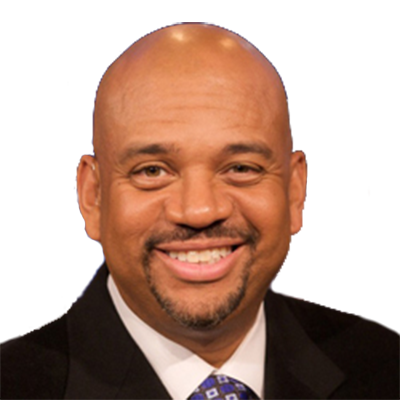 Michael Wilbon
Michael Wilbon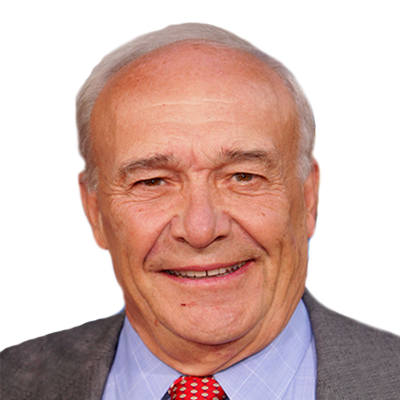 Bill Nack
Bill Nack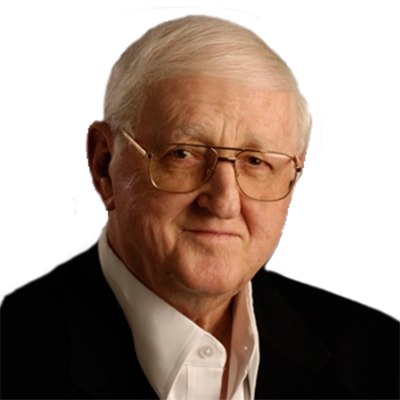 Dan Jenkins
Dan Jenkins Sally Jenkins
Sally Jenkins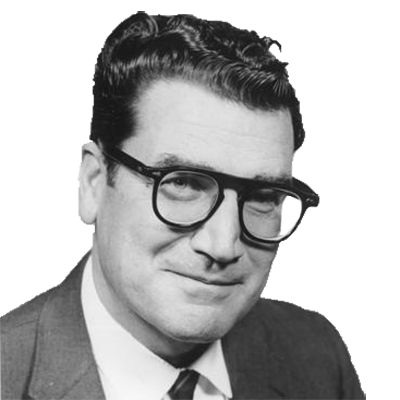 Jim Murray
Jim Murray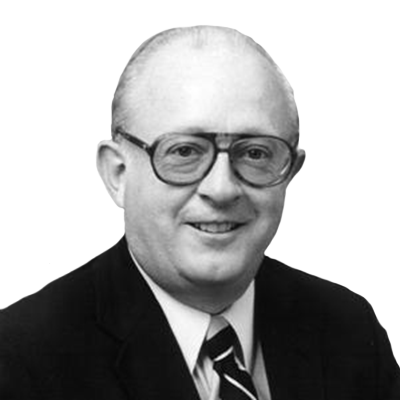 Dave Anderson
Dave Anderson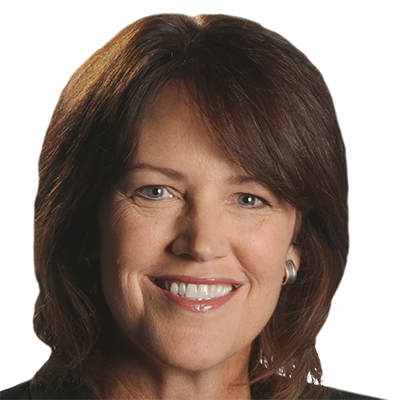 Christine Brennan
Christine Brennan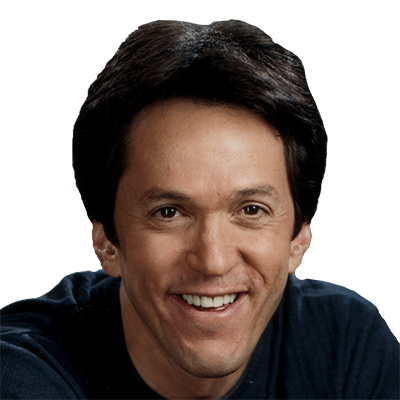 Mitch Albom
Mitch Albom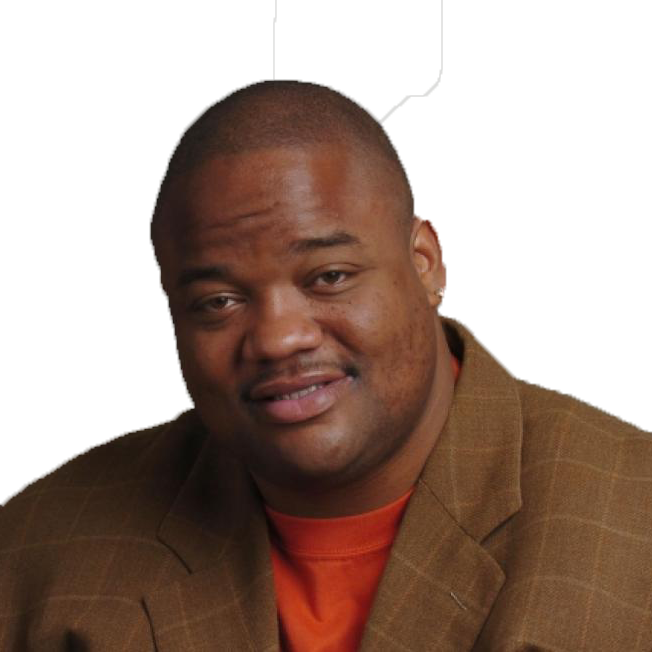 Jason Whitlock
Jason Whitlock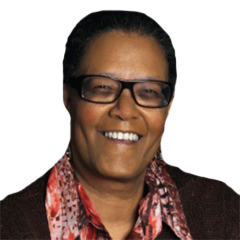 Claire Smith
Claire Smith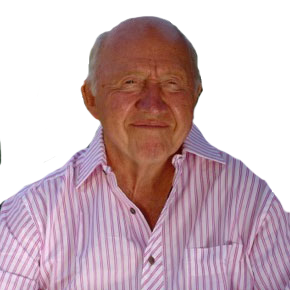 Bud Collins
Bud Collins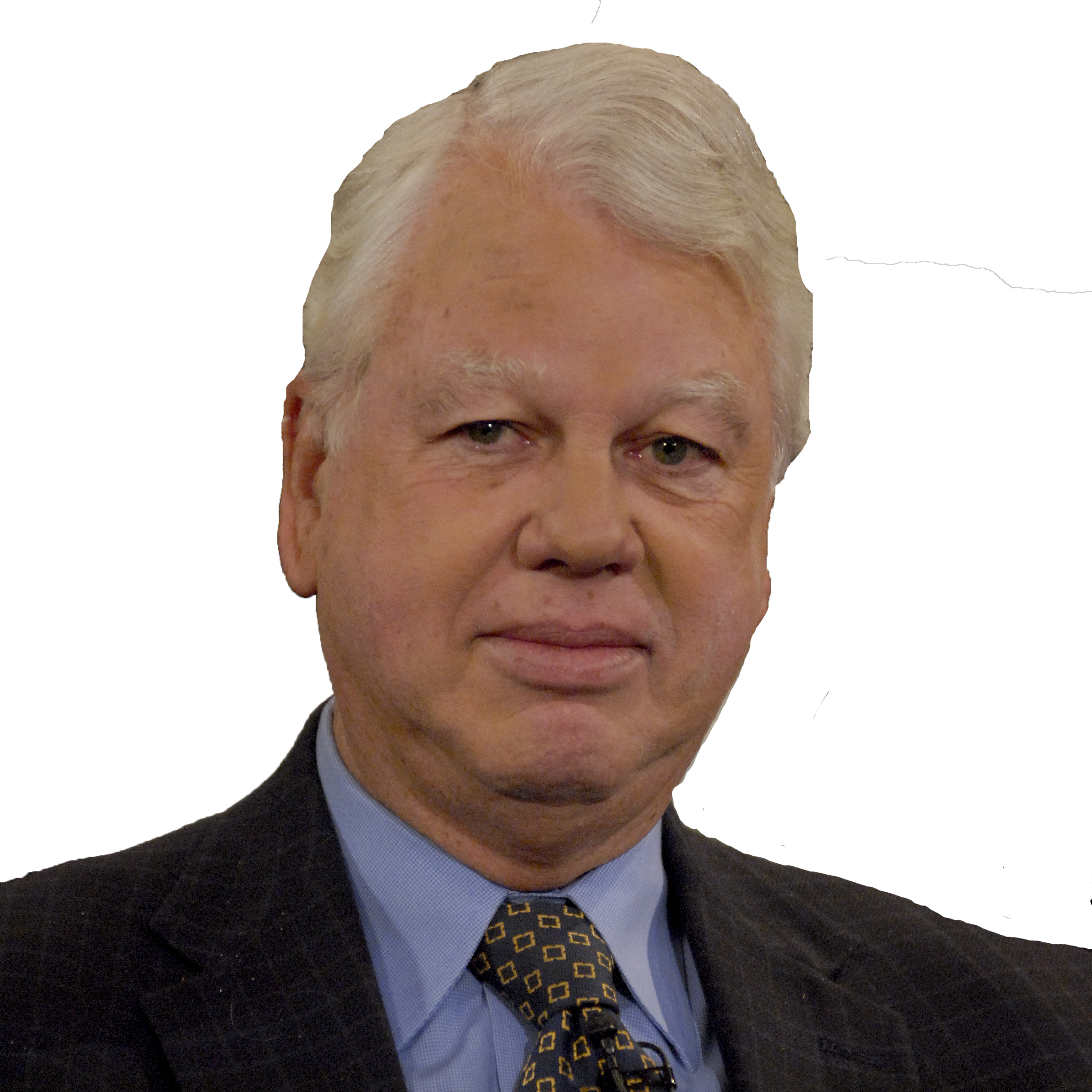 Bob Ryan
Bob Ryan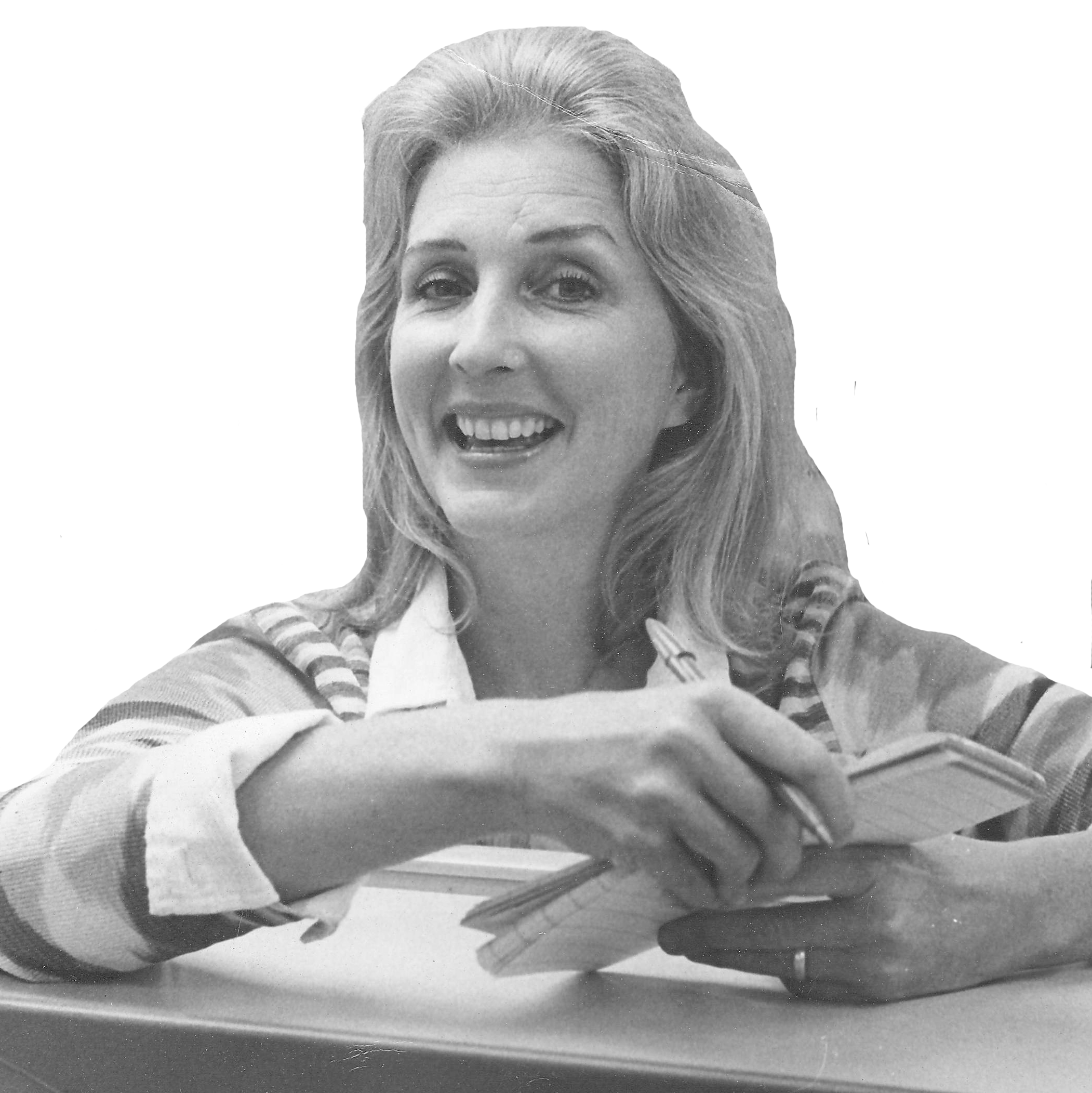 Joan Ryan
Joan Ryan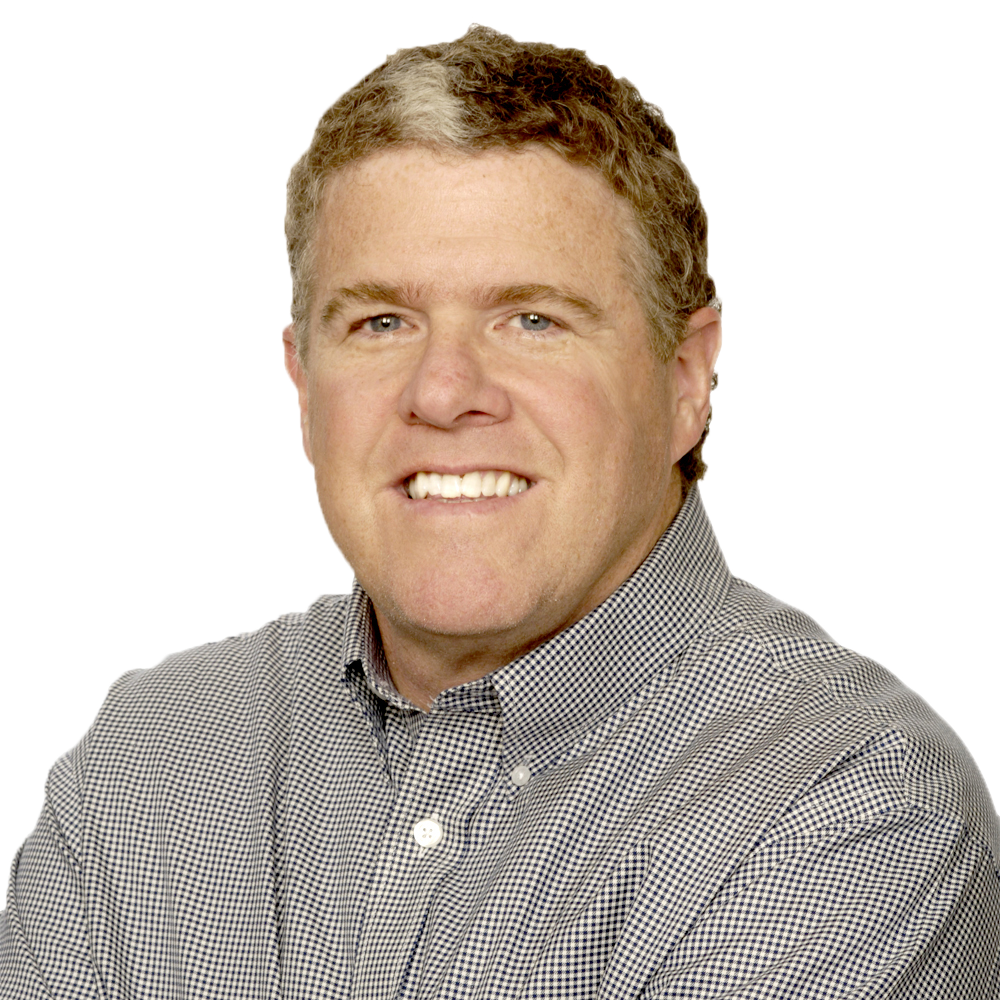 Peter King
Peter King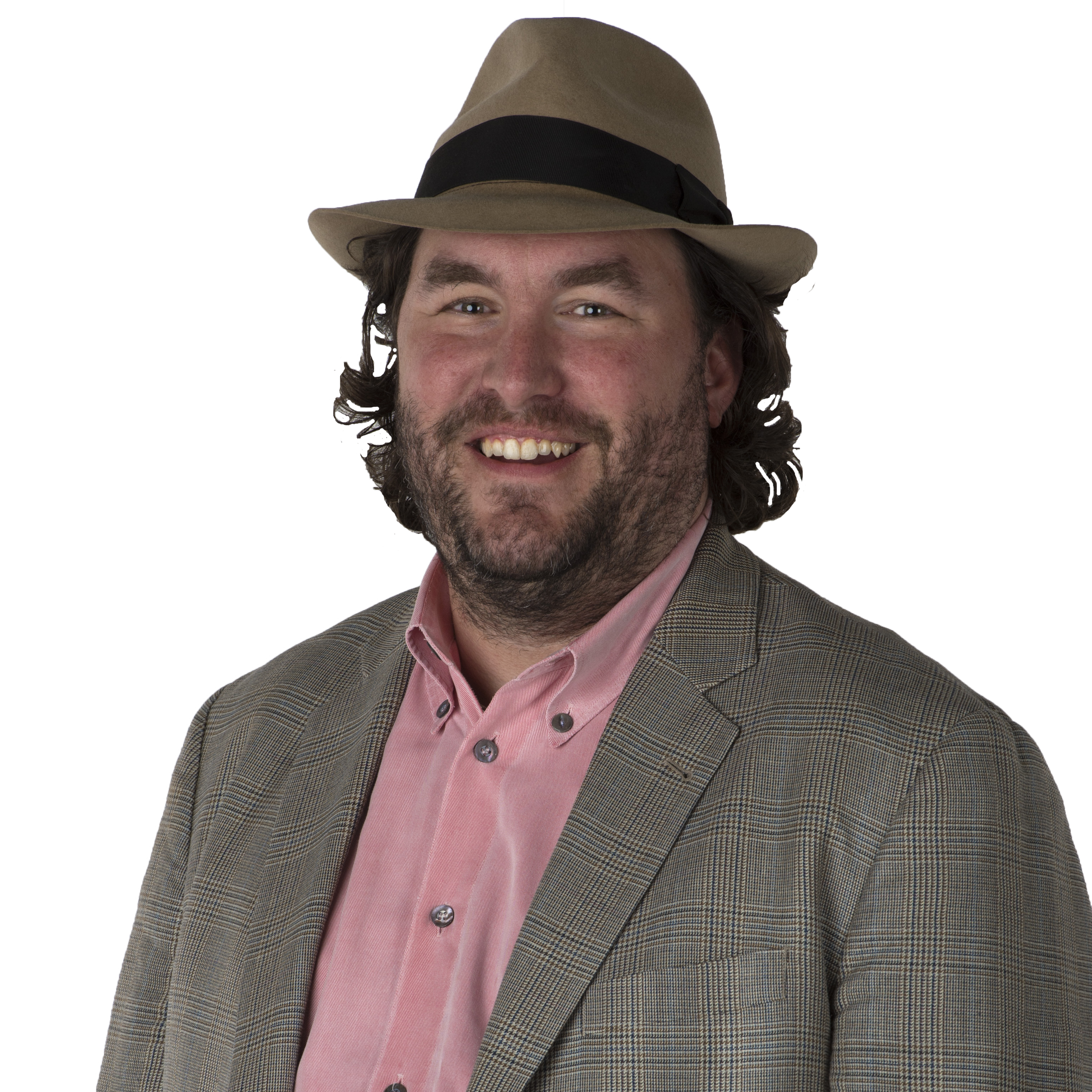 Wright Thompson
Wright Thompson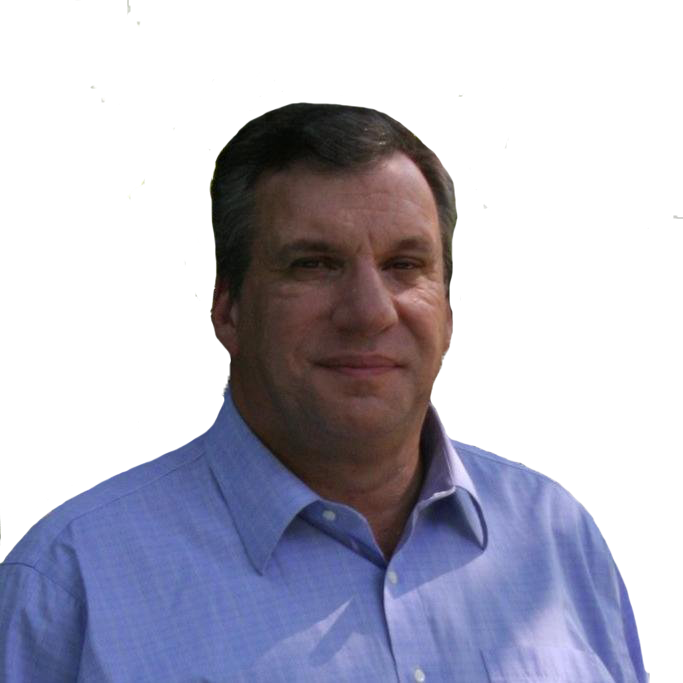 John Feinstein
John Feinstein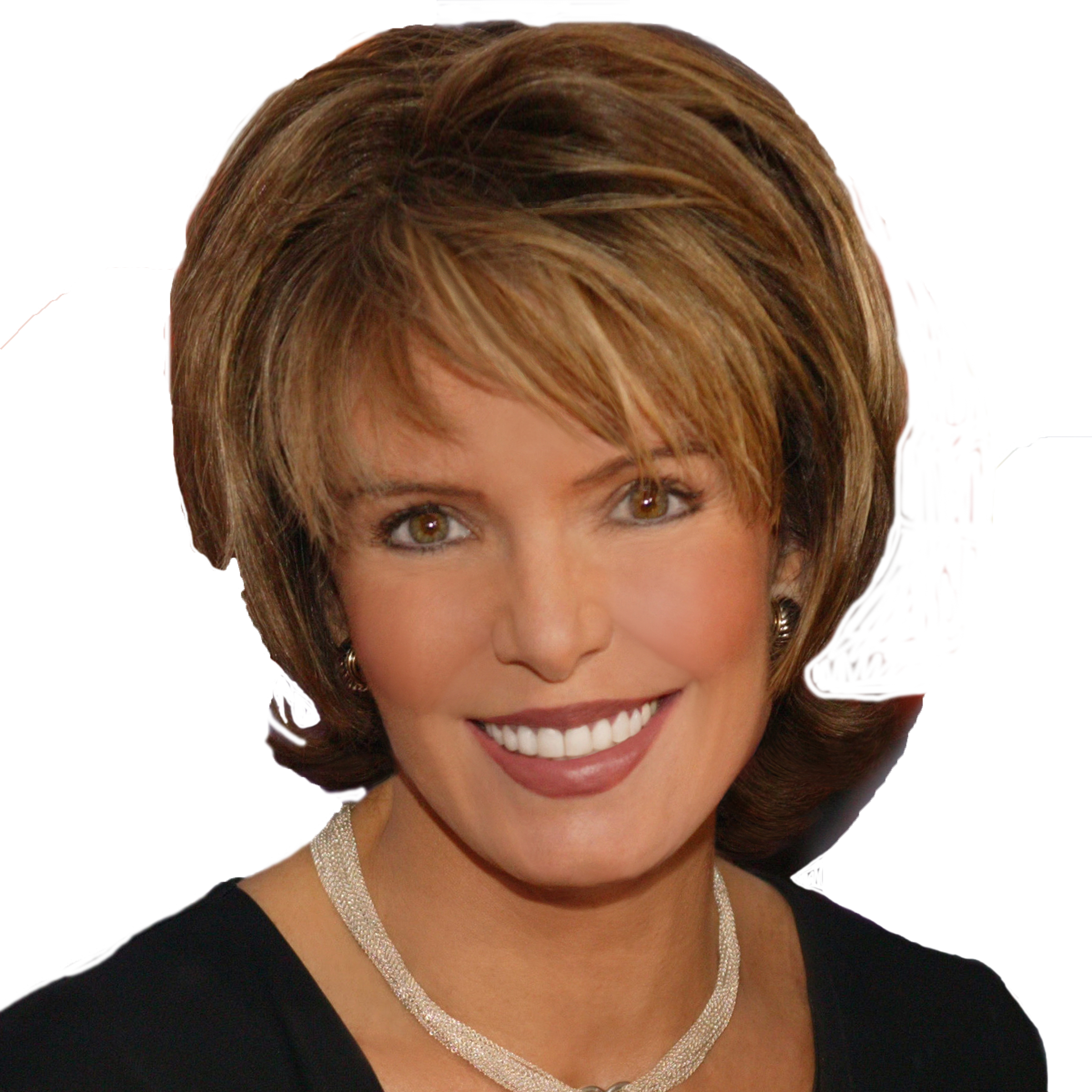 Lesley Visser
Lesley Visser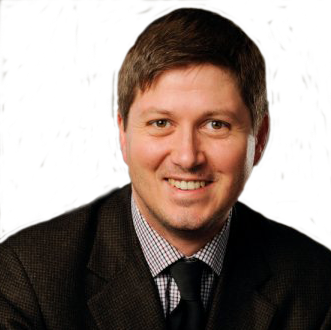 Will Leitch
Will Leitch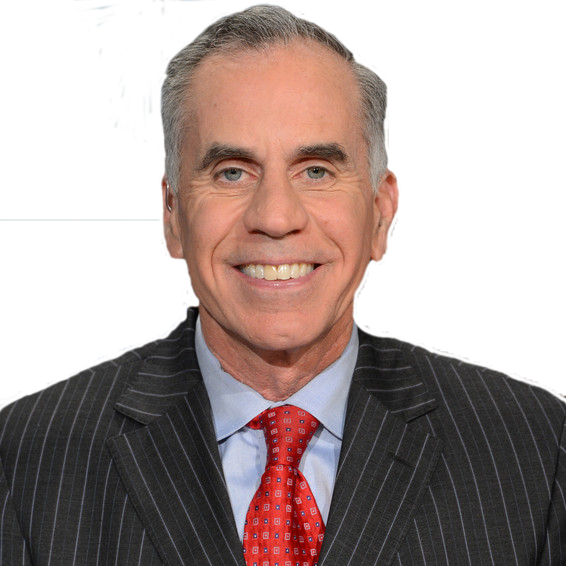 Tim Kurkjian
Tim Kurkjian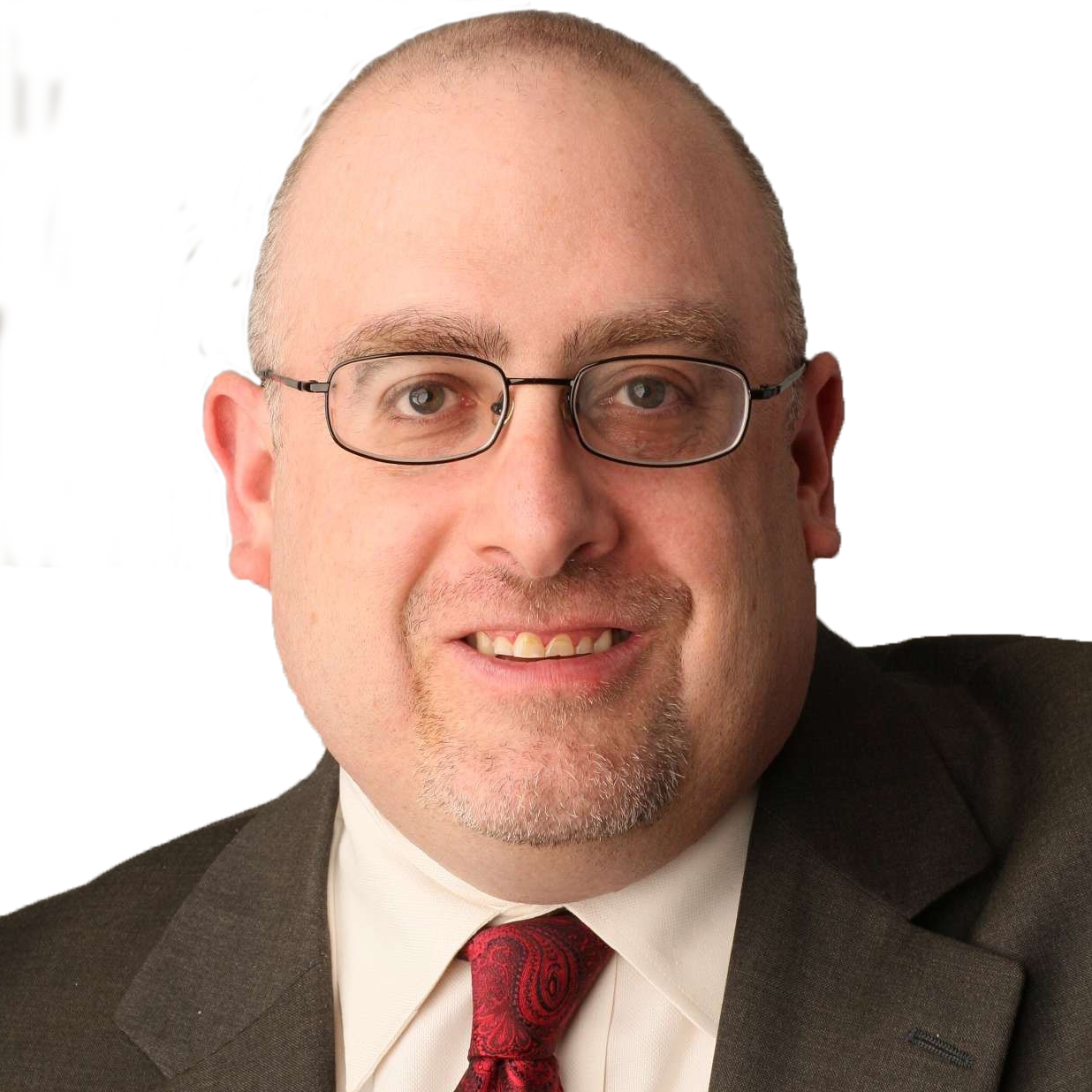 Joe Posnanski
Joe Posnanski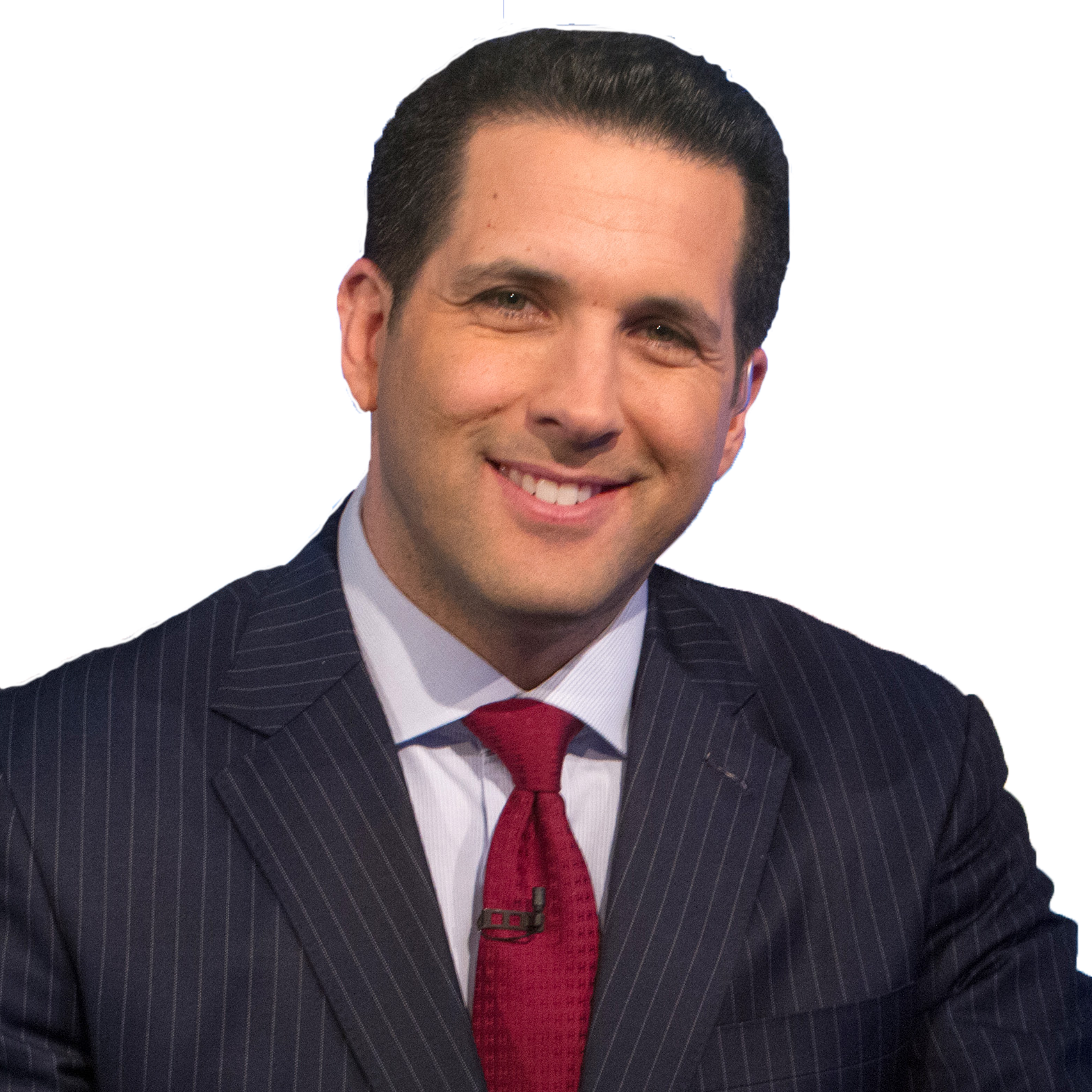 Adam Schefter
Adam Schefter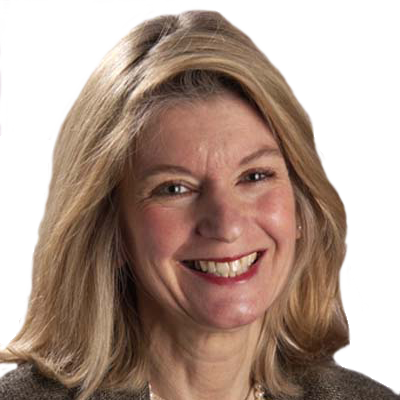 Terry Taylor
Terry Taylor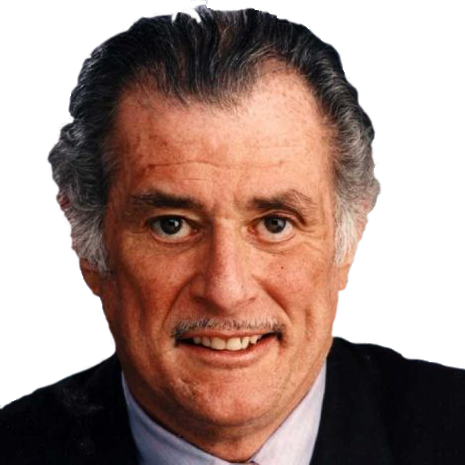 Frank Deford
Frank Deford Tom Boswell
Tom Boswell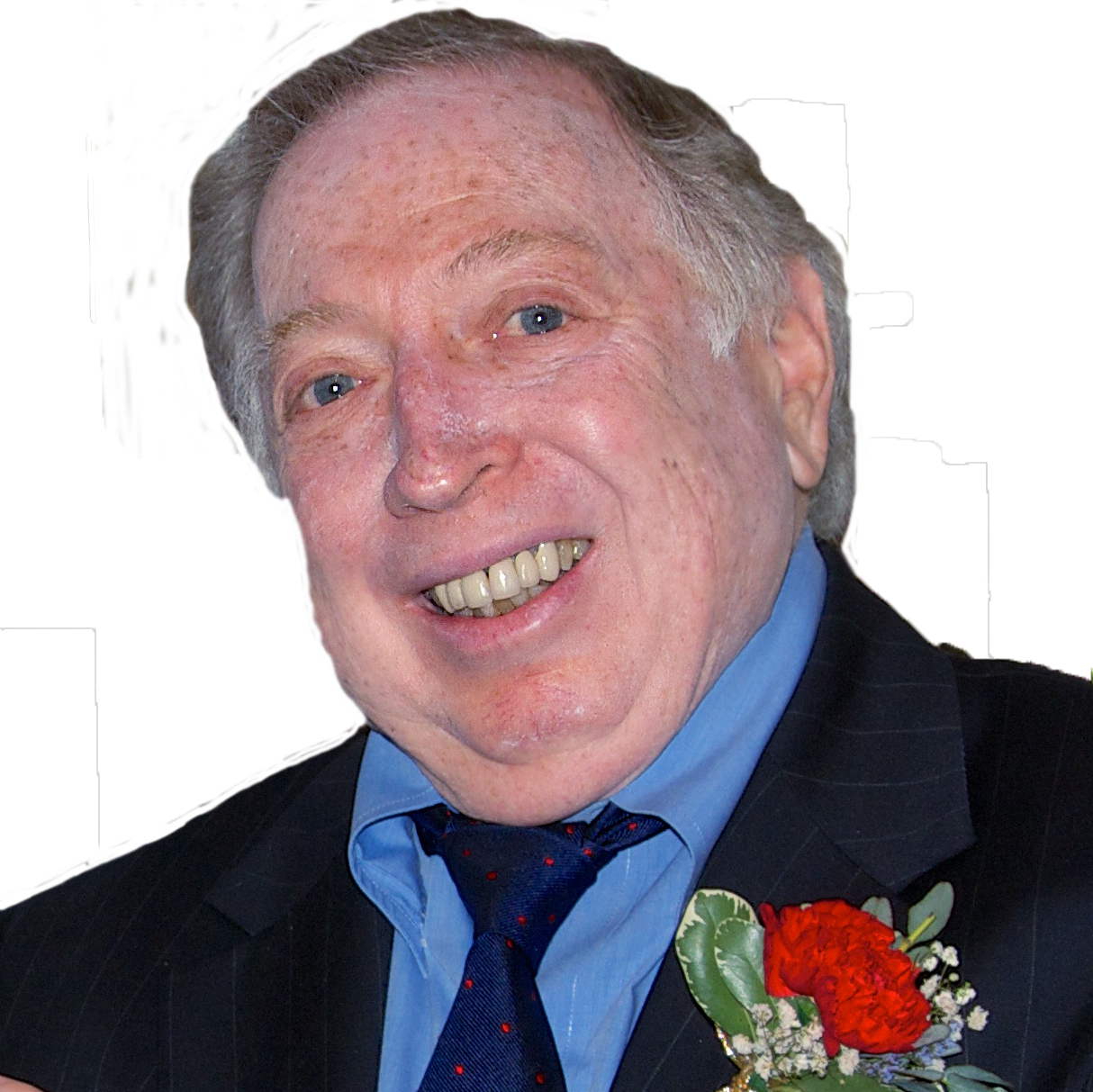 Neil Leifer
Neil Leifer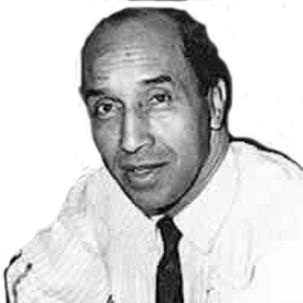 Sam Lacy
Sam Lacy Jane Leavy
Jane Leavy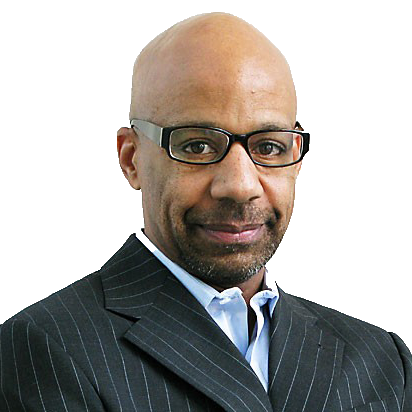 Kevin Blackistone
Kevin Blackistone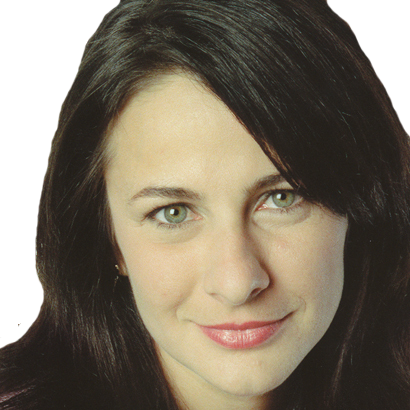 Juliet Macur
Juliet Macur Andrew Beyer
Andrew Beyer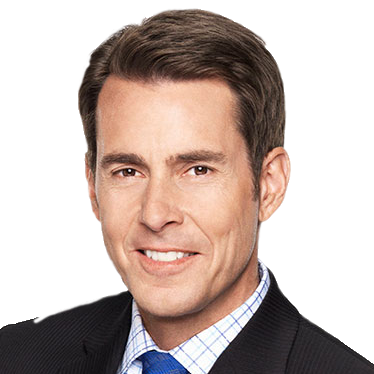 Tom Verducci
Tom Verducci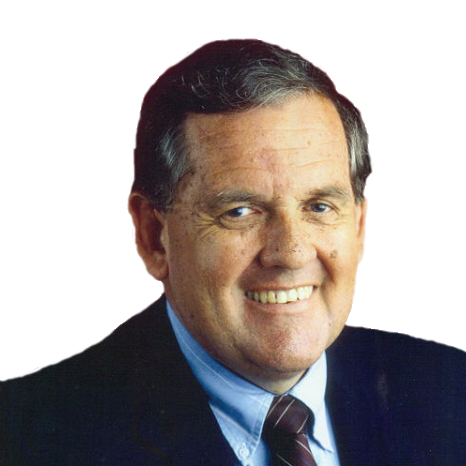 Hubert Mizell
Hubert Mizell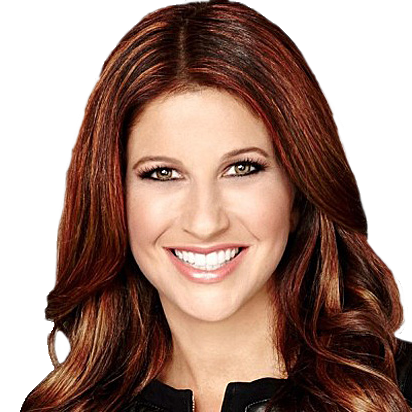 Rachel Nichols
Rachel Nichols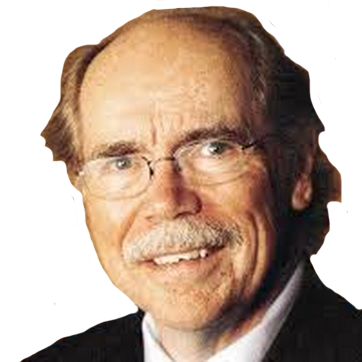 Dave Kindred
Dave Kindred Mike Lupica
Mike Lupica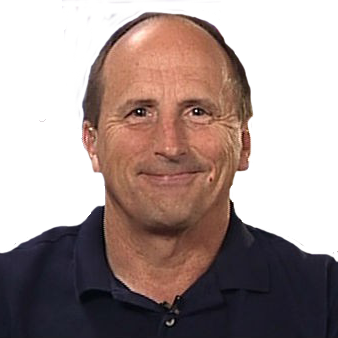 Richard Justice
Richard Justice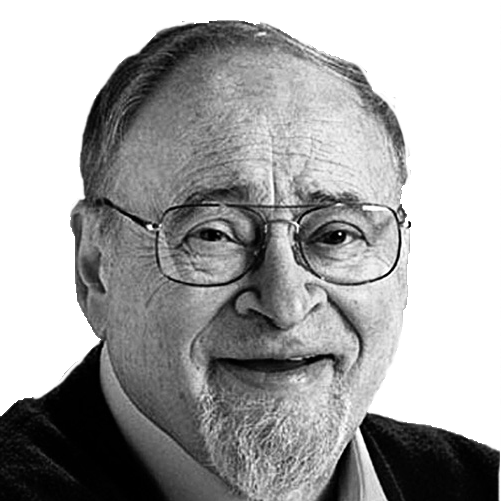 Jerry Izenberg
Jerry Izenberg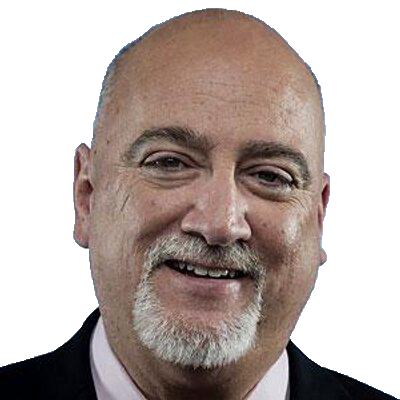 Bill Plaschke
Bill Plaschke Kevin Van Valkenburg
Kevin Van Valkenburg George Vecsey
George Vecsey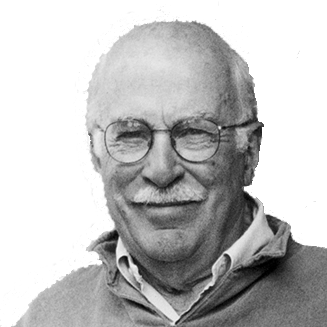 Roger Angell
Roger Angell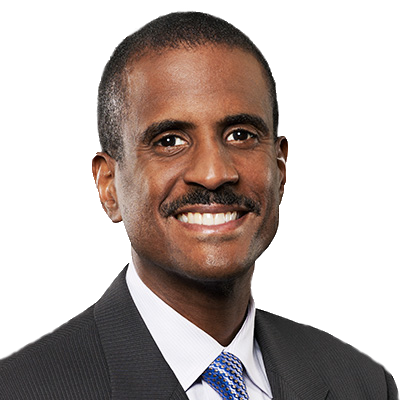 David Aldridge
David Aldridge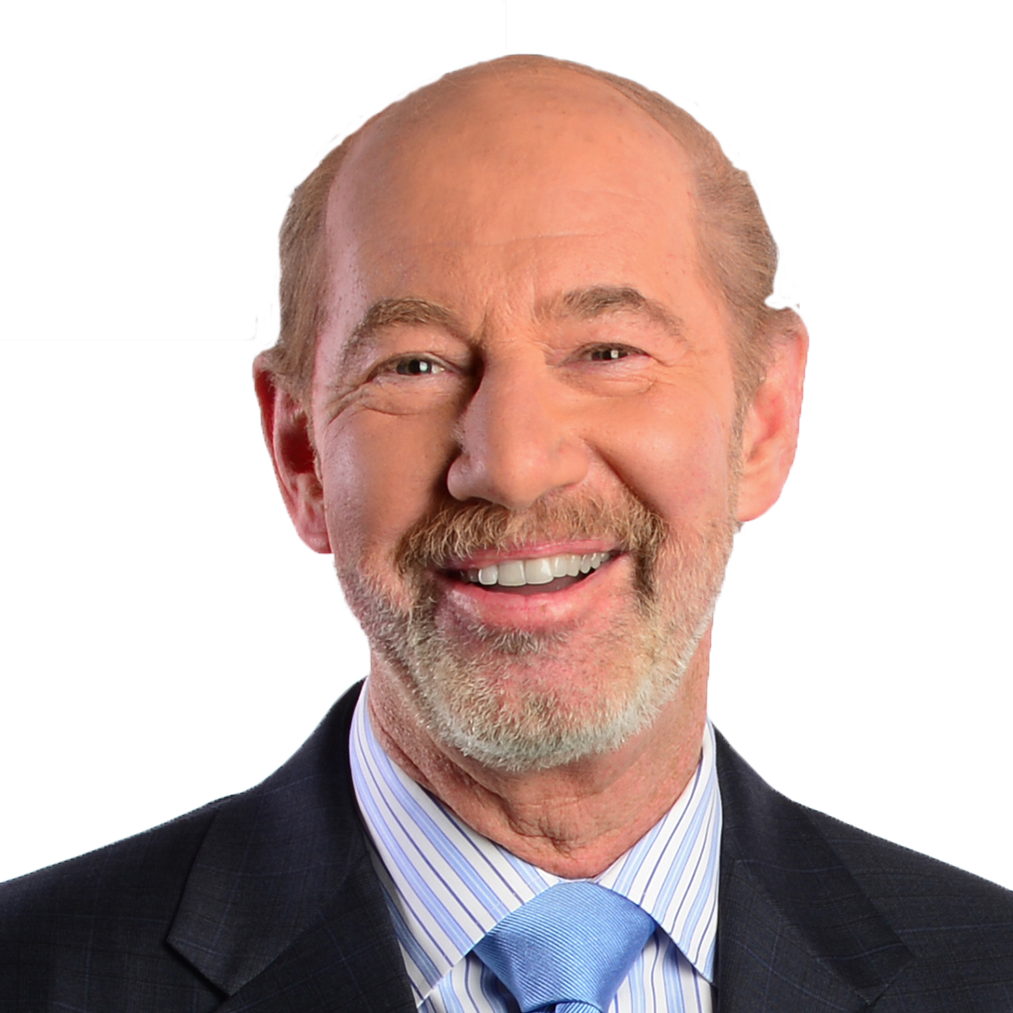 Tony Kornheiser
Tony Kornheiser Jackie MacMullan
Jackie MacMullan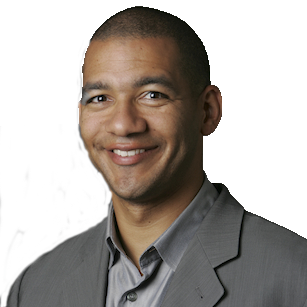 J.A. Adande
J.A. Adande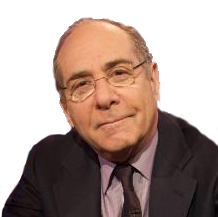 Robert Lipsyte
Robert Lipsyte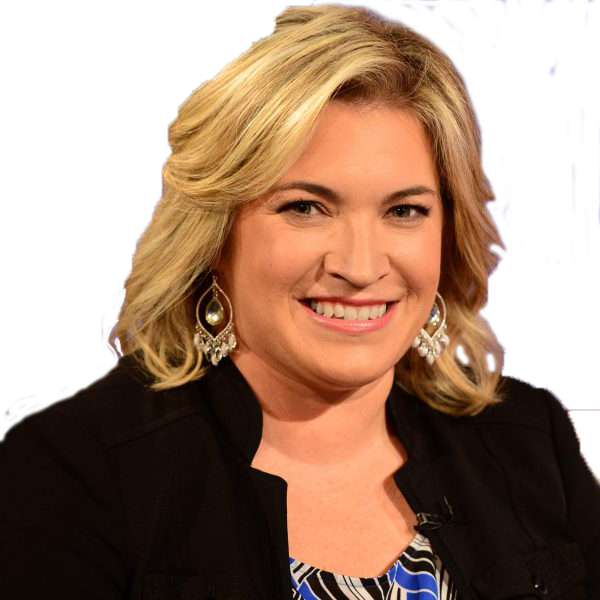 Ramona Shelburne
Ramona Shelburne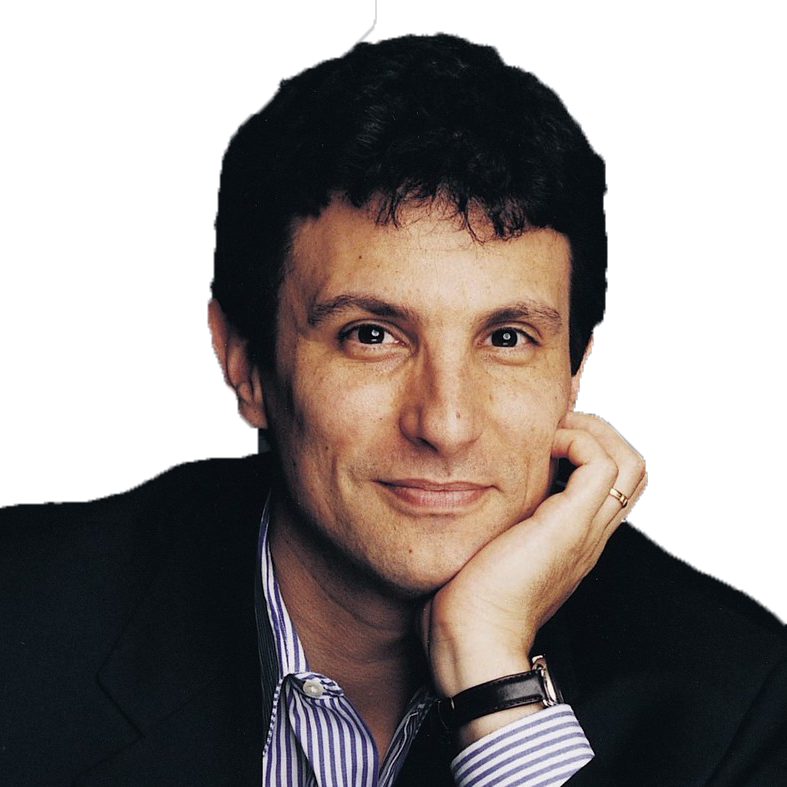 David Remnick
David Remnick Bryan Curtis
Bryan Curtis Chuck Culpepper
Chuck Culpepper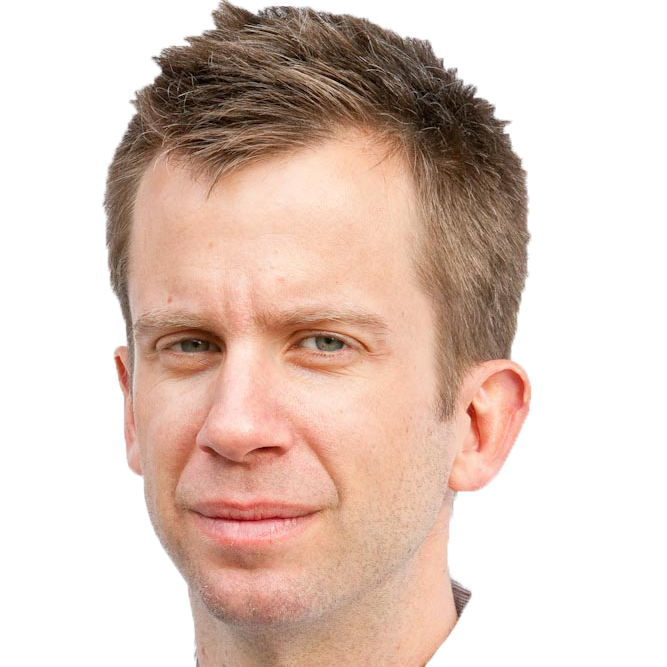 Jason Gay
Jason Gay Heidi Blake
Heidi Blake Dan Steinberg
Dan Steinberg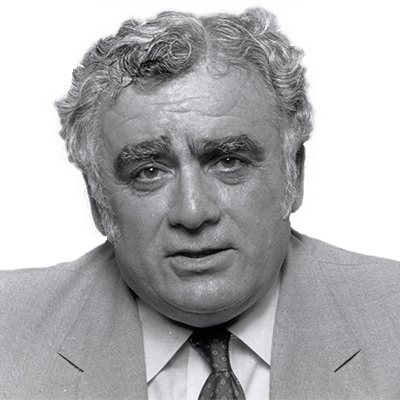 Jerome Holtzman
Jerome Holtzman Barry Svrluga
Barry Svrluga
